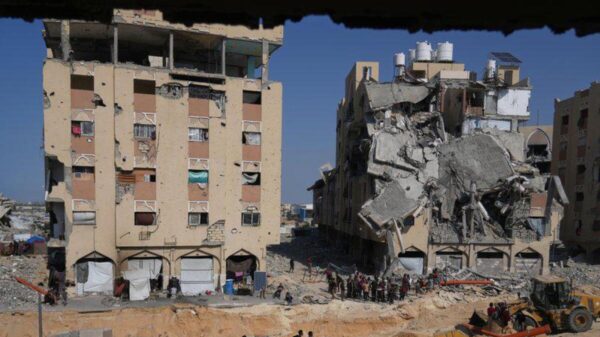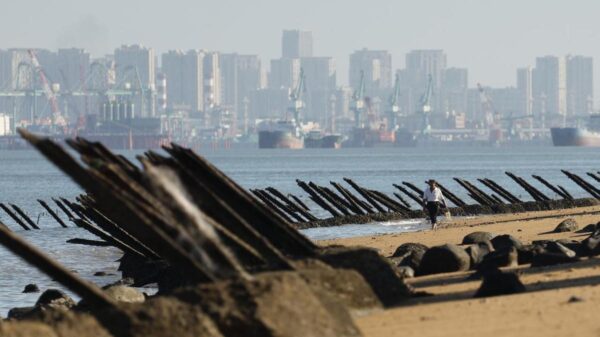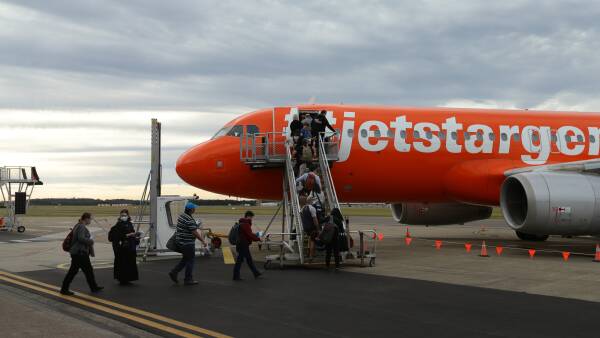Israeli military operations intensified in the Gaza Strip over the weekend, targeting militants in the Rafah area. According to a statement from Israel’s military, the strikes were a response to gunfire directed at its soldiers. The attacks reportedly destroyed tunnels and military infrastructure. In light of these developments, Israeli Prime Minister Benjamin Netanyahu emphasized that Israel would respond decisively to any assaults from Hamas.
Hamas, through its armed wing, the Al-Qassam Brigades, asserted its commitment to the ceasefire agreement across Gaza. The group claimed it was unaware of any clashes in Rafah and had not communicated with local factions since March. “We affirm our full commitment to implementing all agreements, foremost among them the ceasefire across all areas of the Gaza Strip,” the statement read.
Reports from Gaza indicate that explosions and gunfire were prevalent in various locations, including heavy artillery fire from Israeli tanks near Khan Younis and airstrikes in the central towns of Zawayda and Deir Al-Balah. Casualty figures from Gaza’s health ministry suggest that at least eight Palestinians were killed in the last 24 hours due to the recent Israeli attacks.
An Israeli military spokesperson described multiple attacks by Hamas on Israeli forces within Gaza, including a rocket-propelled grenade assault and sniper fire targeting soldiers. “Both incidents happened in an Israeli-controlled area. This is a bold violation of the ceasefire,” the official stated.
Defense Minister Israel Katz announced that a physical marker would be established to indicate the “yellow line” where Israeli forces had withdrawn under the ceasefire agreement. He warned that any breach of the ceasefire or attempts to cross this line would be met with force.
On the Palestinian side, senior Hamas official Izzat Al Risheq reiterated the group’s dedication to the ceasefire, accusing Israel of repeated violations. The government media office in Gaza reported that Israel had committed 47 violations of the ceasefire agreement, resulting in 38 deaths and 143 injuries among Palestinians.
The ongoing accusations between the Israeli government and Hamas have created a tense atmosphere, with Netanyahu stating that the Rafah border crossing between Gaza and Egypt would remain closed until further notice. This announcement came shortly after the Palestinian embassy in Egypt declared the crossing would reopen on March 15, 2024, allowing entry into Gaza. The Rafah crossing has been largely shut since May 2024.
The ceasefire agreement also aims to facilitate increased humanitarian aid into Gaza, where hundreds of thousands of people were reported to be facing famine conditions in August, according to the IPC global hunger monitor. Ongoing disputes between Israel and Hamas regarding the return of deceased hostages have further complicated the situation. Israel demands the return of all 28 hostages’ remains, while Hamas has returned 20 living hostages and 12 deceased, citing difficulties in recovering bodies buried under rubble.
Significant questions remain unresolved regarding the disarming of Hamas, governance of Gaza, the formation of an international stabilization force, and progress towards establishing a Palestinian state. Amidst this turmoil, renewed fighting has negatively impacted the stock market in Tel Aviv, with key indices dropping nearly two percent on Sunday.
As diplomatic efforts continue, the international community remains watchful of the situation, hoping for a resolution that can lead to lasting peace in the region.






























































